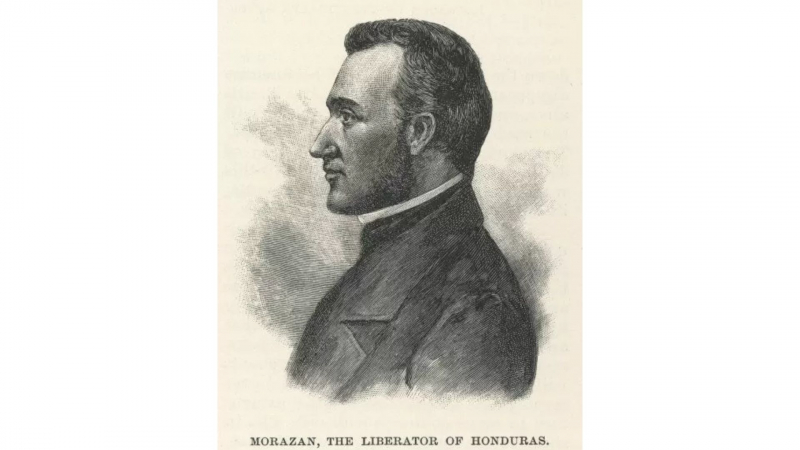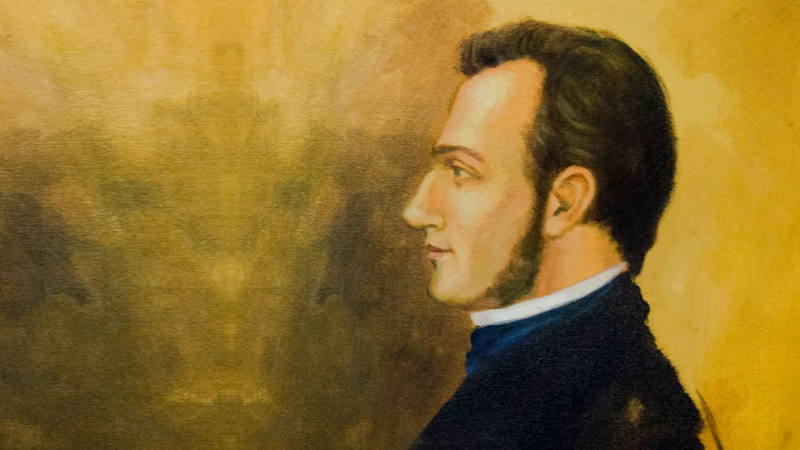Francisco Morazán
José Francisco Morazán Quesada, a politician from Central America who served as the Federal Republic of Central America's president from 1830 to 1839, was born on October 3, 1792 in Tegucigalpa (then in the Captaincy General of Guatemala, now the capital of Honduras) and died on September 15, 1842. He was the head of state of Honduras before becoming president of Central America. He gained notoriety at the Battle of La Trinidad on November 11, 1827. Morazán then controlled the political and military scene of Central America until his execution in 1842. He is also considered as one of the most important historical figures in Honduras.
Francisco Morazán was regarded as a visionary and brilliant thinker in the political sphere as he worked to unite and advance Central America. He established liberal reforms, including freedom of the press, freedom of expression, and freedom of religion, in the new Federal Republic of Central America. By legalizing homosexuality and doing away with government-sponsored tithing, Morazán also reduced the influence of the church. His administration was marred by acrimonious internal strife between liberals and conservatives as a result of his reforms, which created him some formidable adversaries. However, because of his military prowess, Morazán was able to maintain his hold on power until 1837, when the Federal Republic irreparably broke apart. The conservative elites took advantage of this, supporting Rafael Carrera as president, and in order to forward their own agenda, they divided Central America into five countries.






